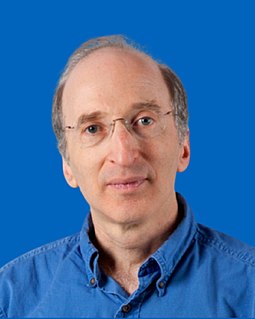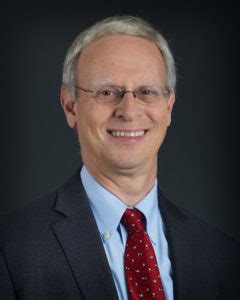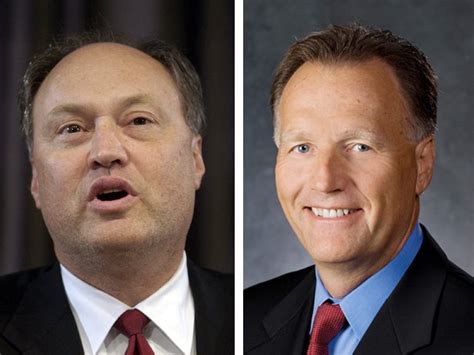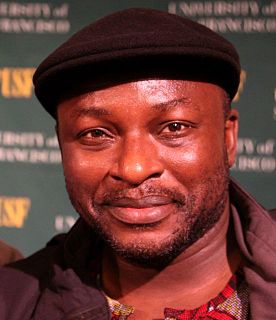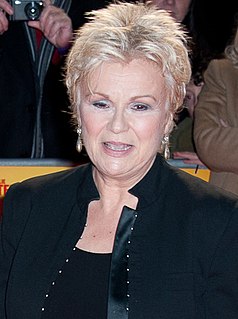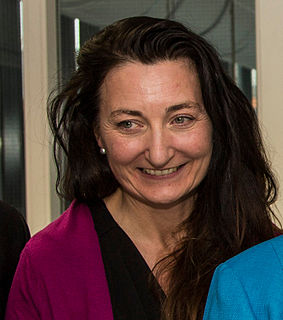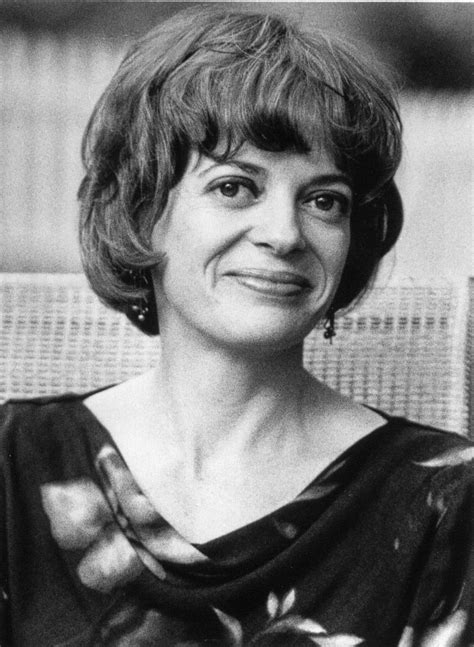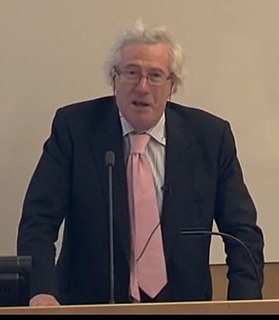A Quote by Saul Perlmutter
Astronomers ought to be able to ask fundamental questions without accelerators
Quote Topics
Related Quotes
Astronomers do not commonly use Venereal, in favor of the less contagious-sounding Venutian. Blame the medical community, who snatched the word long before astronomers had any good use for it. I suppose you can't blame the doctors. Venus is the goddess of beauty and love, so she ought to be the goddess of its medical consequences.
Astronomers are pure of heart and appealingly puerile. They look into the midnight sky and ask big questions, just as we did when we were in college: Who are we? Where do we come from? And why are we standing around outside on the night before finals, do we want to end up making elevator parts for a living like our father or what?
